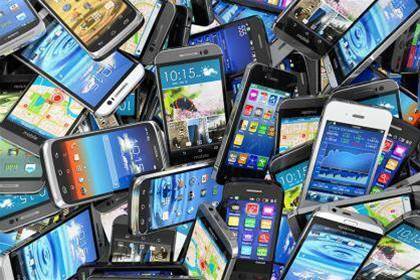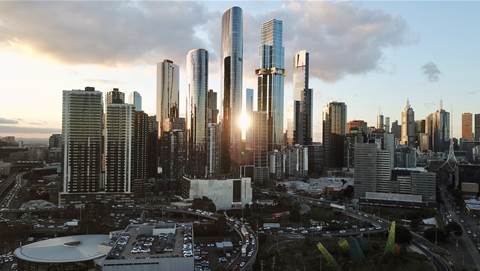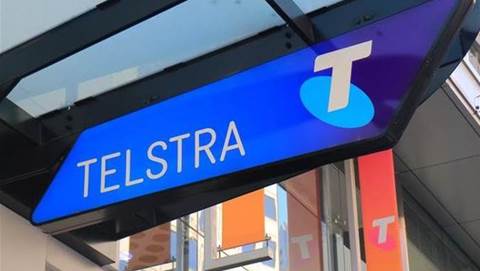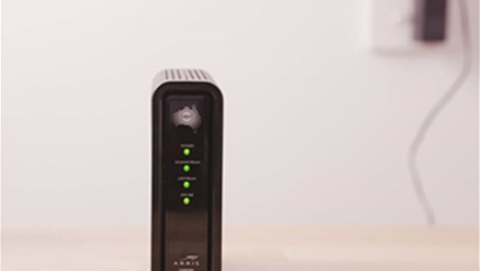Vodafone Australia has unveiled a study that claims 39 percent of Australian fixed broadband users could switch to mobile in future, a substitution rate well above NBN Co's expectations.

The study, by the Centre for International Economics (CIE), was revealed by Vodafone’s chief strategy officer Dan Lloyd at the CommsDay Summit yesterday.
“There is a cohort of 39 percent of fixed line users that are still using only up to 50 gigabytes [of data quota] per month,” Lloyd said.
“That is the cohort which can already be served by 4G mobile networks at a very similar price point to fixed networks.
“So in terms of potential for fixed-to-mobile substitution, that cohort is most likely to be drawn into that temptation, even on the current performance of fixed and mobile networks.”
The CIE warned that such a substitution rate would cause problems for NBN Co's future cost recovery efforts.
"Should an increasing share of the population choose to use mobile services for their home internet connection, this will reduce the cost-recovery of NBN Co," the study says.
"Government may seek to respond to this with policies to ensure that NBN Co recovers its costs.
"Critically, this could have an impact on the home broadband market and the mobile broadband market.
“Policies that seek to protect NBN Co from competing technologies could have unintended consequences by preventing realisation of the benefits of mobile usage out-of-home, which are potentially much larger than the benefits of mobile within the home.”
NBN Co has always had expectations that its take-up would not exceed around 73.5 percent of the population, meaning the rest of users would likely be on alternative technologies such as mobile.
Lloyd said CIE had run “a significant household survey to estimate what customers are using on fixed and mobile and to look at the very complicated trade-offs that customers are making across a number of factors.”
He said that false perceptions about the performance of mobile networks were likely to hold some consumers back from abandoning fixed broadband services for now.
“CIE found a significant difference between the perception that fixed broadband is generally faster than mobile and the actual data,” Lloyd said.
“As consumers become more and more aware of the faster performance of mobile, even on 4G, that is likely to be a significant factor driving fixed-to-mobile substitution.”
Also driving the move to mobile, according to Lloyd, is a rapid convergence in data pricing.
“Pricing per gigabyte of data is clearly a very critical consideration. However there has been a very significant convergence between the pricing of mobile and fixed," he said.
"CIE found about 17 percent of households are already mobile only and … if the price of mobile data continues to converge the share of mobile only users could go to around 40 percent by 2020.”
He said this conclusion had been arrived at “merely by asking a significant number of consumers how they think and feel about the equation and looking at the possibilities if the equations continue.”

















.png&h=141&w=208&c=1&s=1)

